chi squared distribution

Chi-Square Statistic & Chi-Squared Distribution
The Chi-Square Statistic is a number that describes the relationship between the theoretically assumed data and the actual data. It is usually considered as a number or statistic value that verifies…
📚 Read more at Towards Data Science🔎 Find similar documents

Chi-Square Distribution Simply Explained
A simple explanation of the Chi-Square Distribution and its origins Continue reading on Towards Data Science
📚 Read more at Towards Data Science🔎 Find similar documents
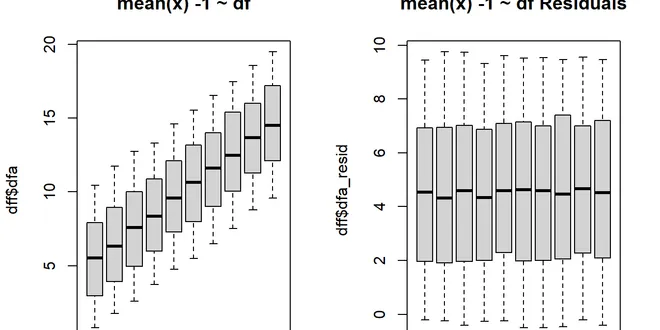
Estimating Chi-Square Distribution Parameters Using R
Introduction In the world of statistics and data analysis, understanding and accurately estimating the parameters of probability distributions is crucial. One such distribution is the chi-square distr...
📚 Read more at R-bloggers🔎 Find similar documents
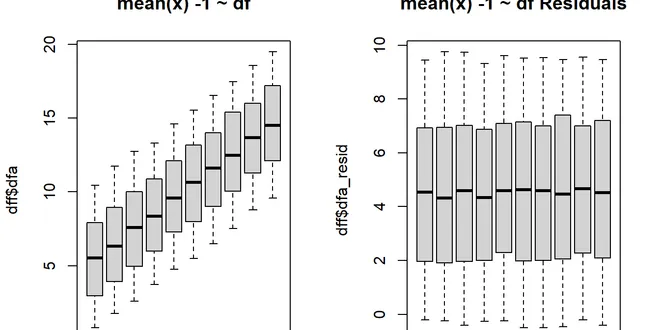
Estimating Chi-Square Distribution Parameters Using R
Introduction In the world of statistics and data analysis, understanding and accurately estimating the parameters of probability distributions is crucial. One such distribution is the chi-square distr...
📚 Read more at R-bloggers🔎 Find similar documents

Chi-Square Test in Machine Learning
Picture a classroom with students choosing between two different activities: reading or playing sports. If you notice more students gravitating toward reading, you might wonder if this is just by coin...
📚 Read more at Towards AI🔎 Find similar documents

Probability for Data Scientists: The Capable Chi-Squared Distribution
Interactive Visualization of the Distribution Functions Continue reading on Towards Data Science
📚 Read more at Towards Data Science🔎 Find similar documents
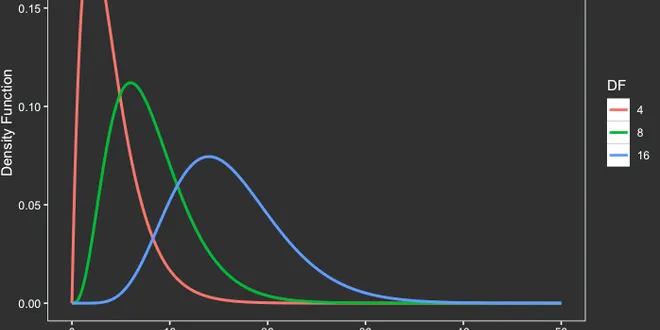
Chi-square distribution and test in R
Greetings, humanists, social and data scientists! Was there an association or relationship between gender and the verdicts in investigations in 18th-century London? If an inquest concerned a man, did ...
📚 Read more at R-bloggers🔎 Find similar documents

Chi-Square Hypothesis Testing in Statistics
Chi-square test is a non-parametric test in hypothesis testing to know the association of two categorical features in bi-variate data or records. Non-parametric tests are distribution-free test…
📚 Read more at Towards AI🔎 Find similar documents
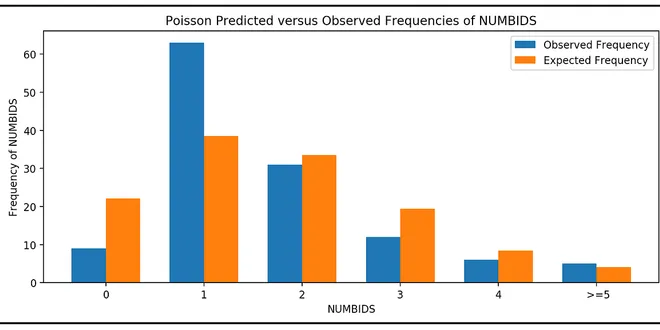
The Chi-squared Goodness of Fit Test for Regression Analysis
The Chi-Squared test (Chi as in Kaizen or Kaiser) is one of the most versatile tests of statistical significance.
📚 Read more at Towards Data Science🔎 Find similar documents

The Chi-Squared Test Statistic is a Must For Every Data Scientist: A Case Study in Customer Churn
The chi-square statistic is a useful tool for understanding the relationship between two categorical variables. For the sake of example, let’s say you work for a tech company that has rolled out a…
📚 Read more at Towards Data Science🔎 Find similar documents

Chi-Square Test, with Python
In this article, I will introduce the fundamental of the chi-square test (χ2), a statistical method to make the inference about the distribution of a variable or to decide whether there is a…
📚 Read more at Towards Data Science🔎 Find similar documents
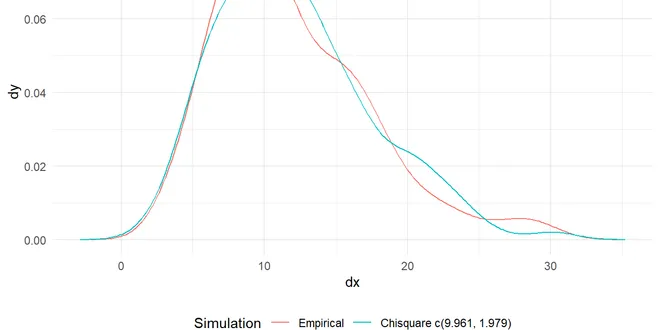
Estimating Chisquare Parameters with TidyDensity
Introduction Hello R users! Today, let’s explore the latest addition to the TidyDensity package: util_chisquare_param_estimate(). This function is designed to estimate parameters for a Chi-square dist...
📚 Read more at R-bloggers🔎 Find similar documents


